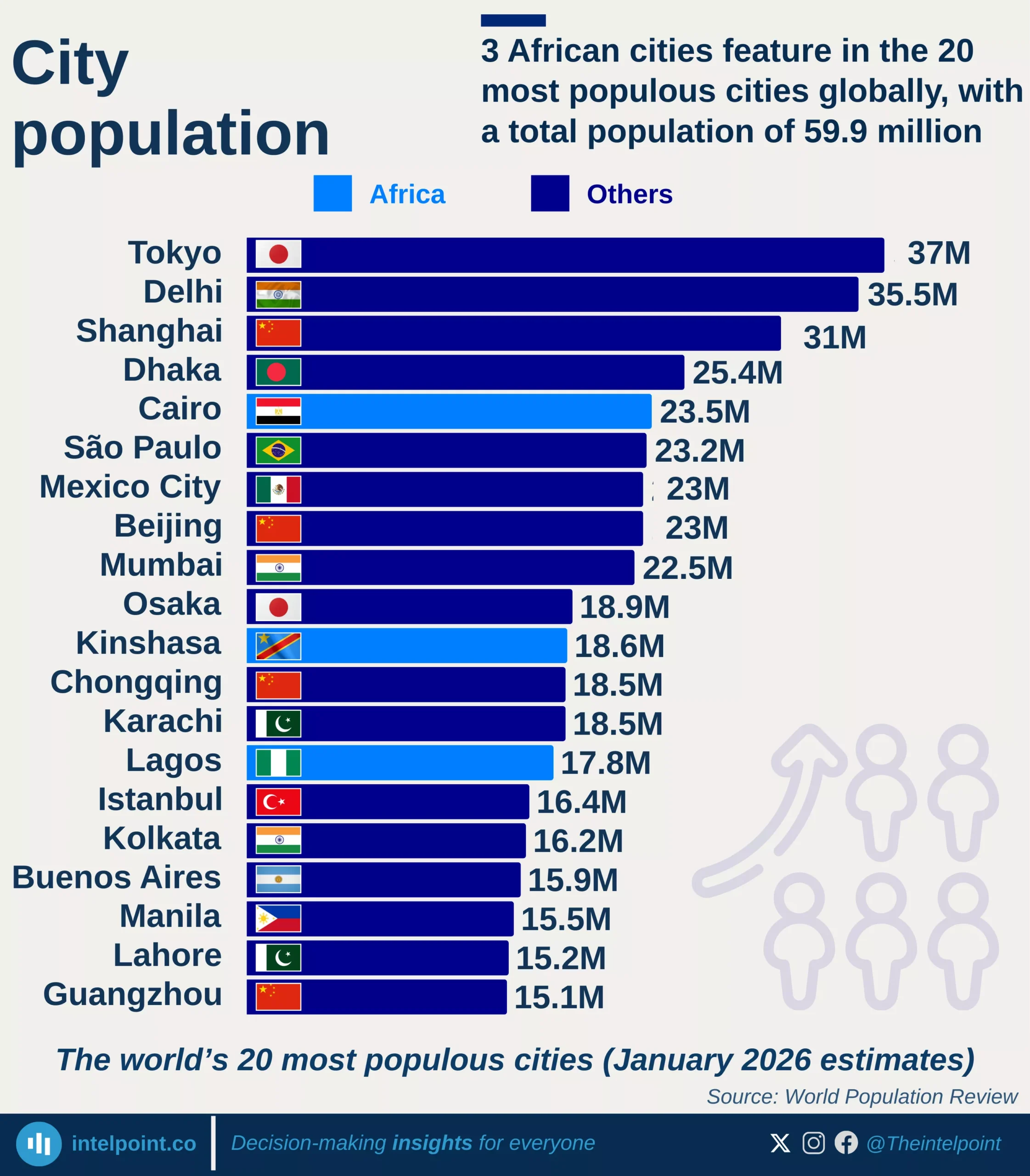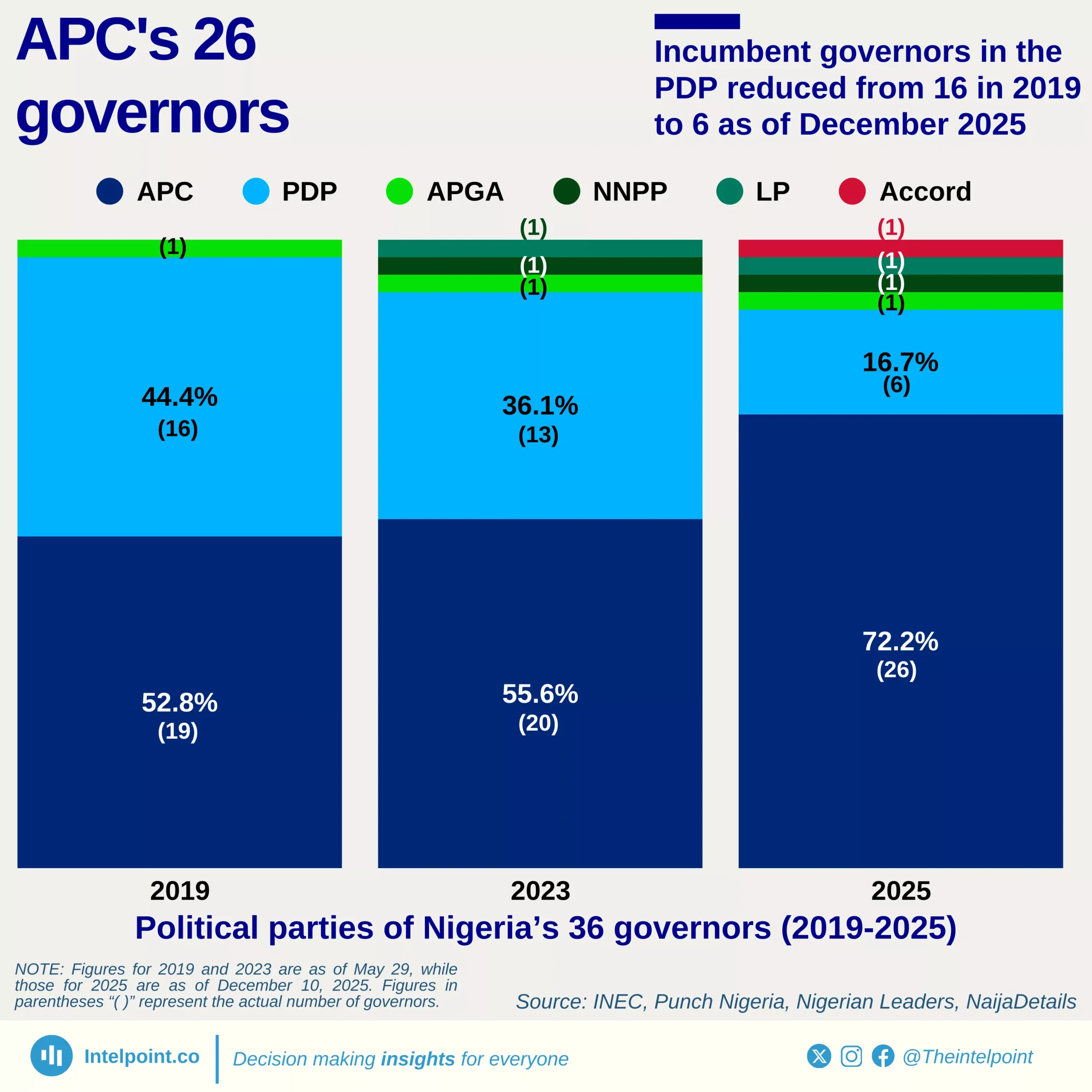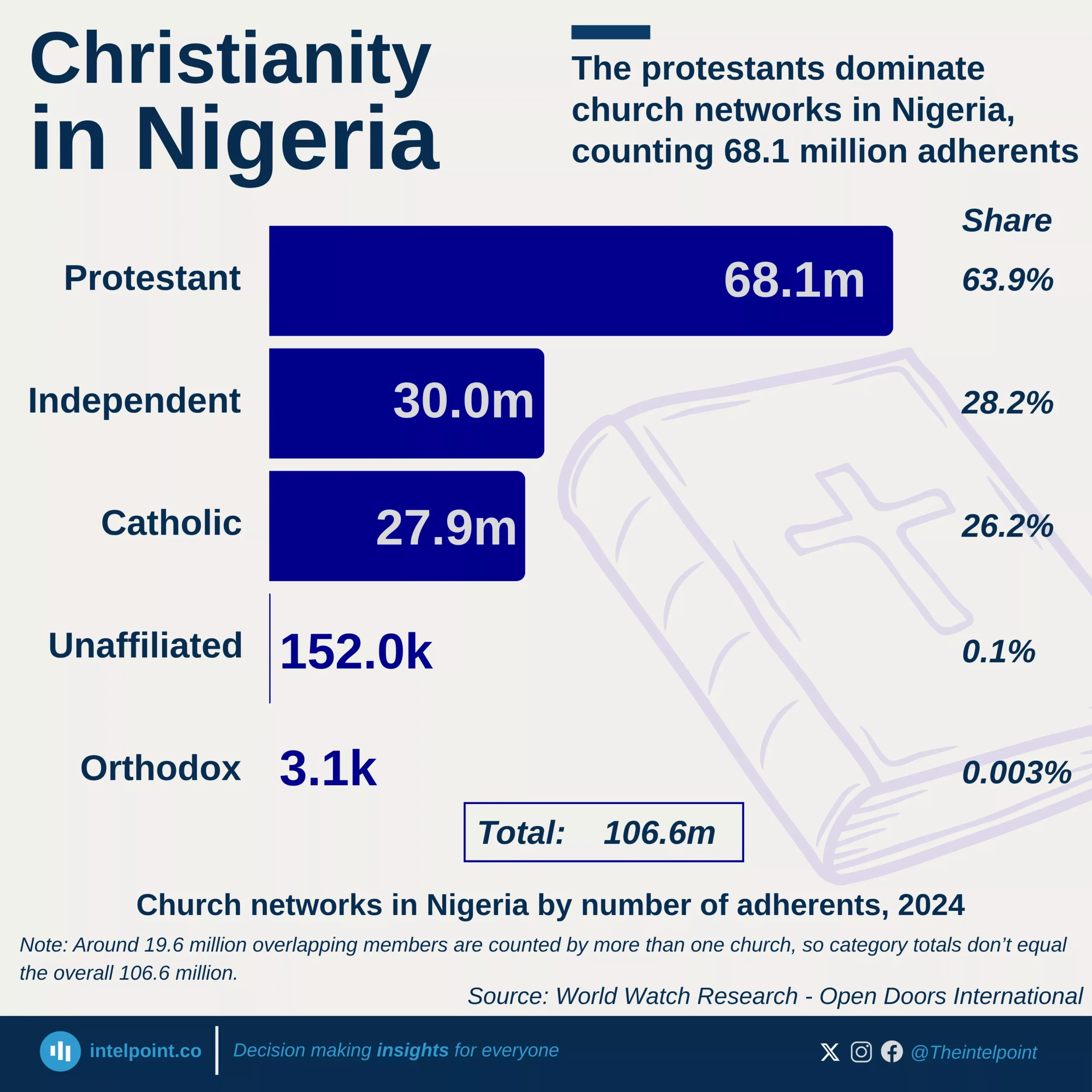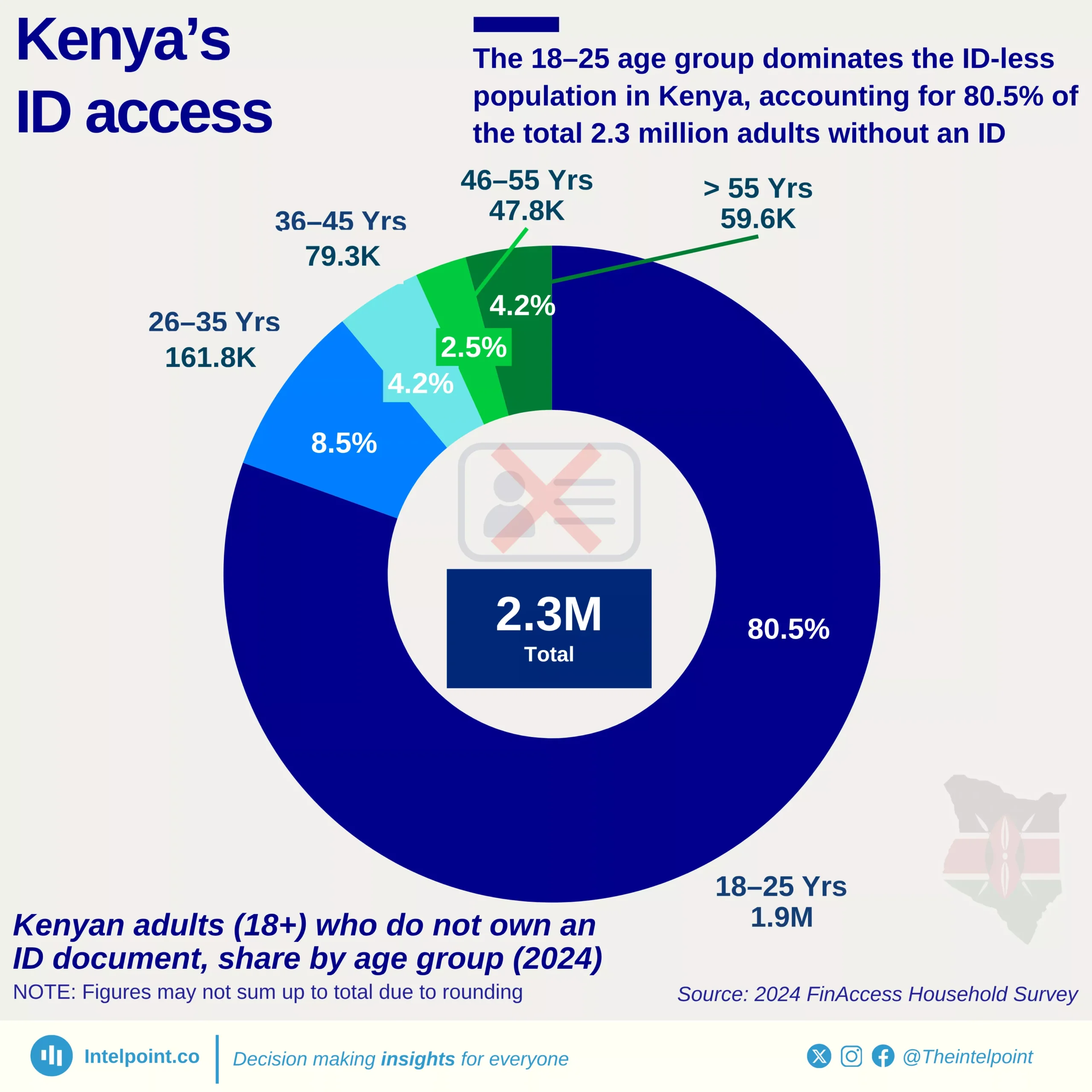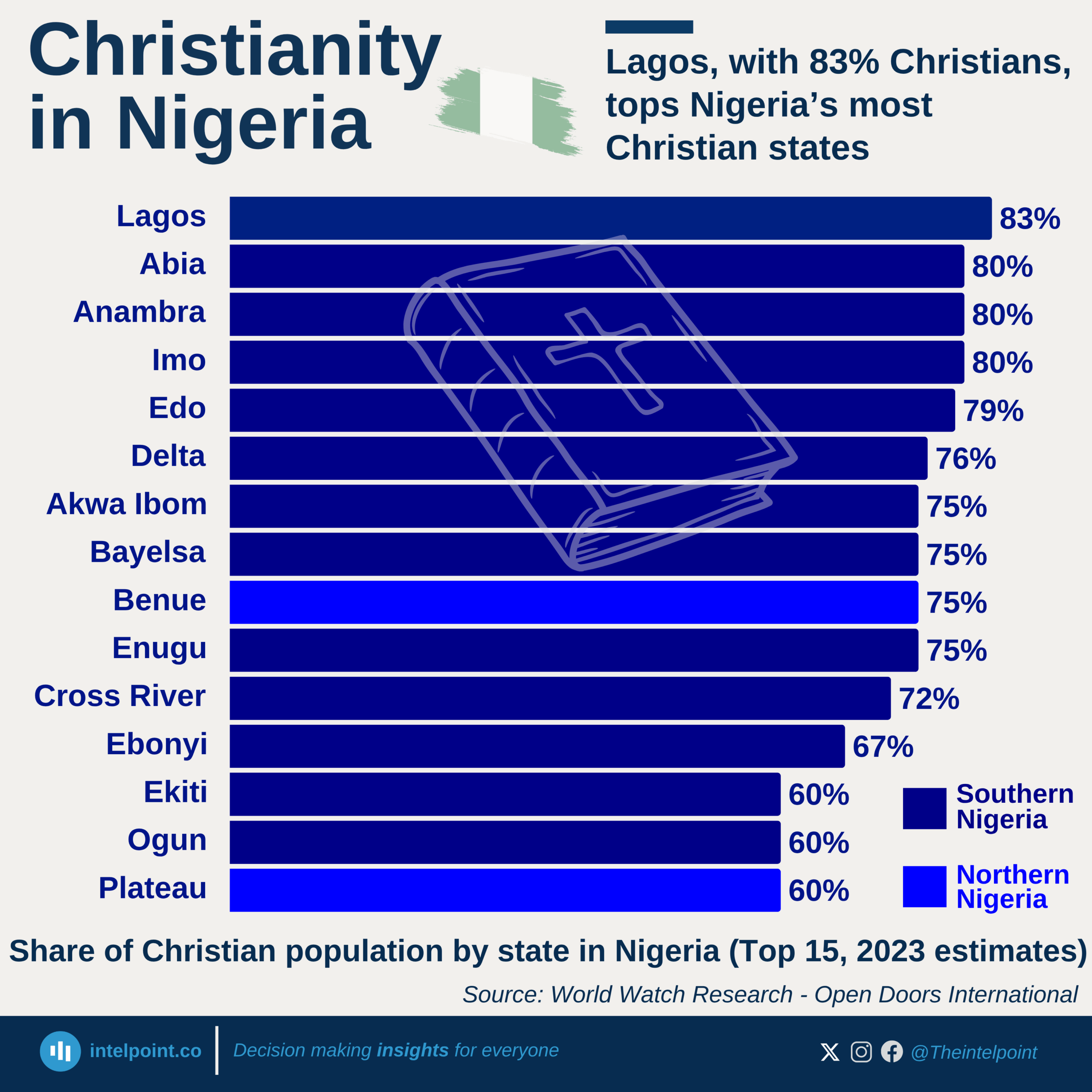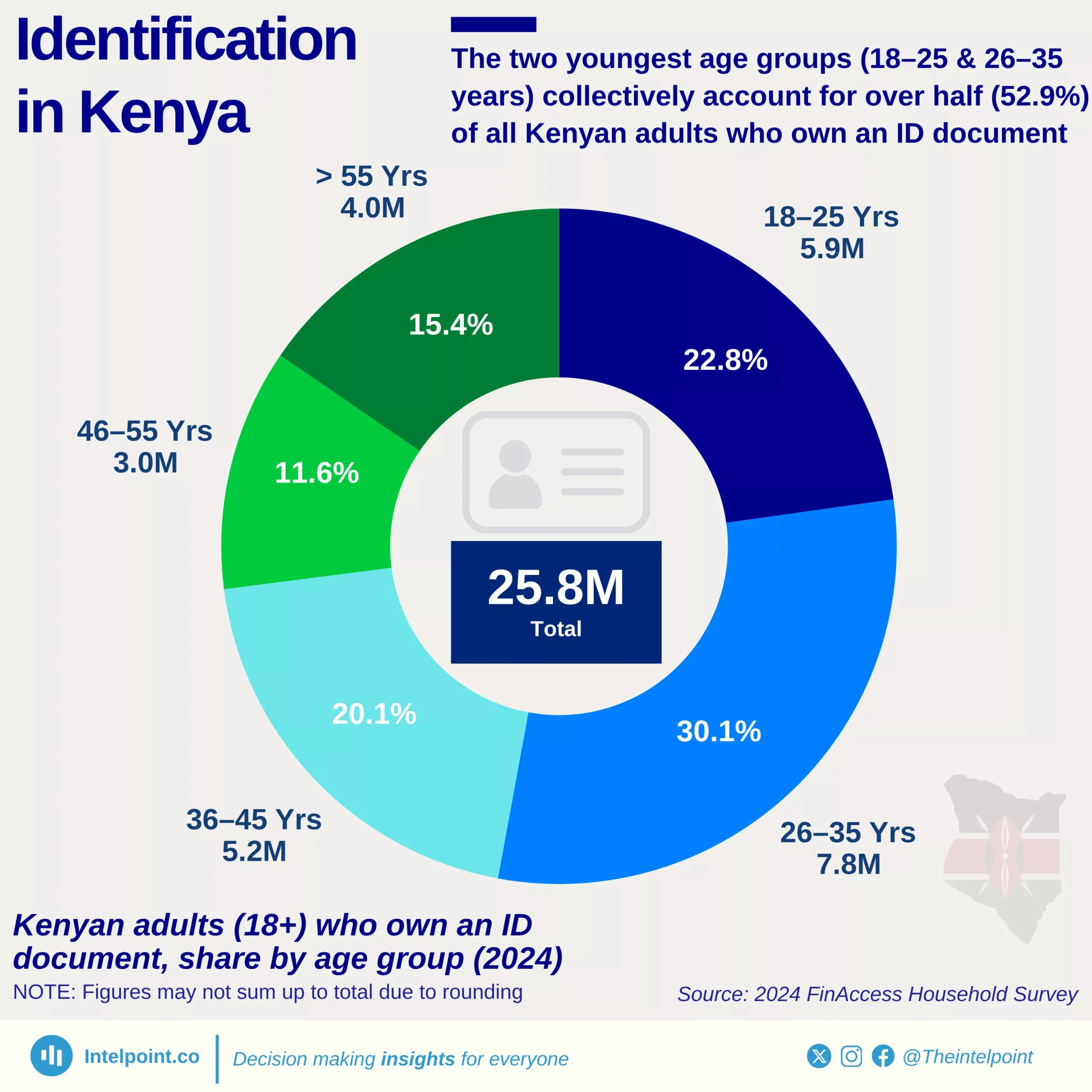As of the 2023/2024 academic session, a total of 112,552 scholars who didn't hail from the US were recorded to be in the country. Chinese scholars have dominated the pool of international scholars in the US for over two decades now and in 2023/24, 23,458 of the international scholars in the US were Chinese, making up 20.8% of the global total. India followed China, with 17,735 Indian scholars recorded, making up 15.8% of the global total.
Only 931 of these international scholars hailed from Nigeria which is approximately 1% of the global total.
Note: International scholars in this context are defined as scholars that are non-immigrant engaged in temporary academic activities.
